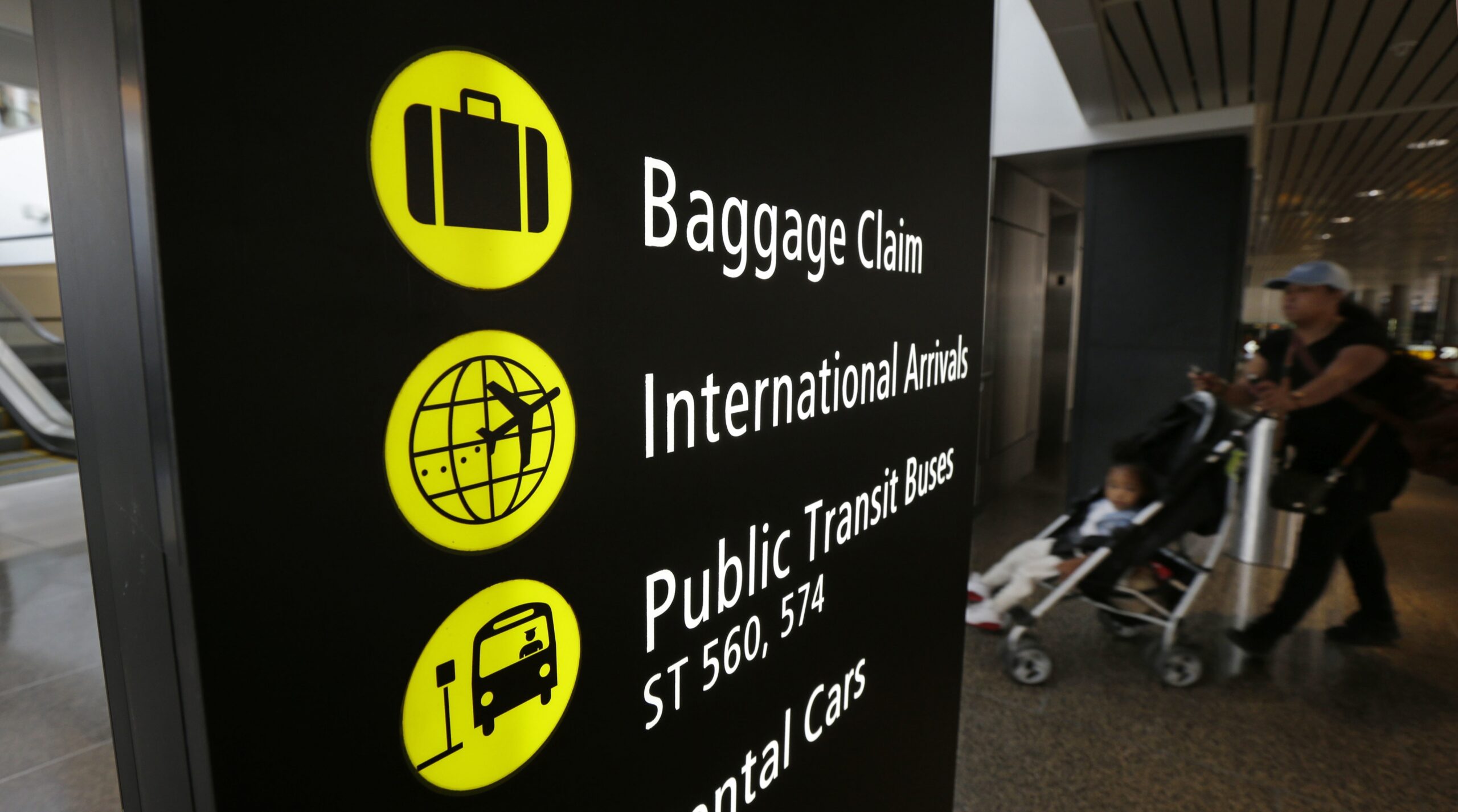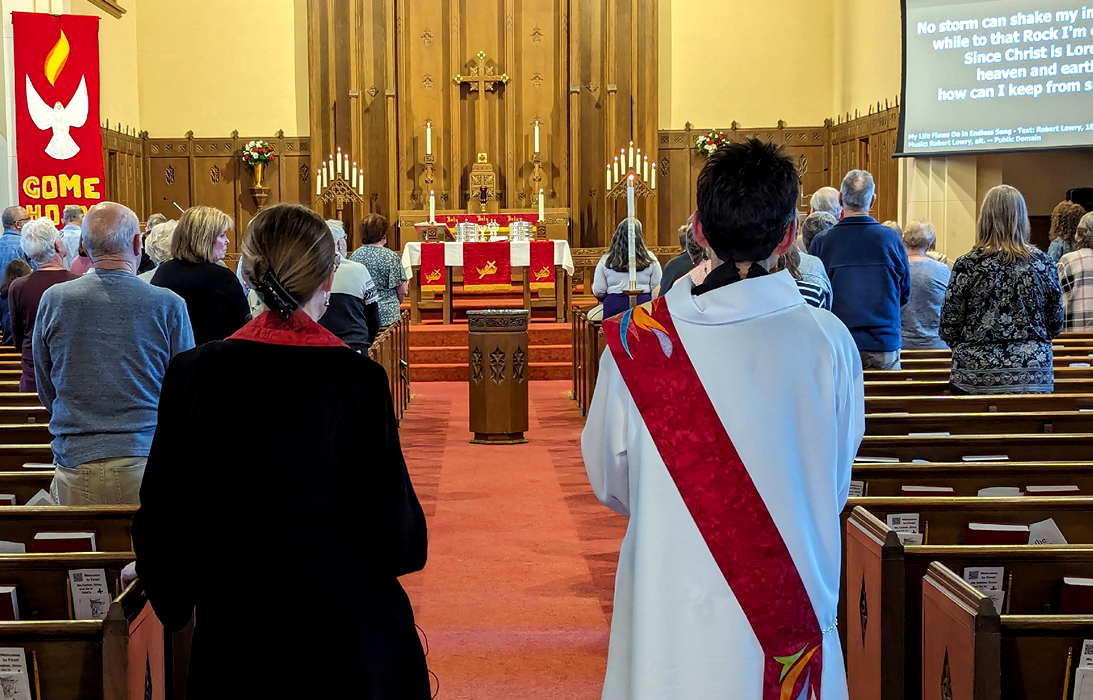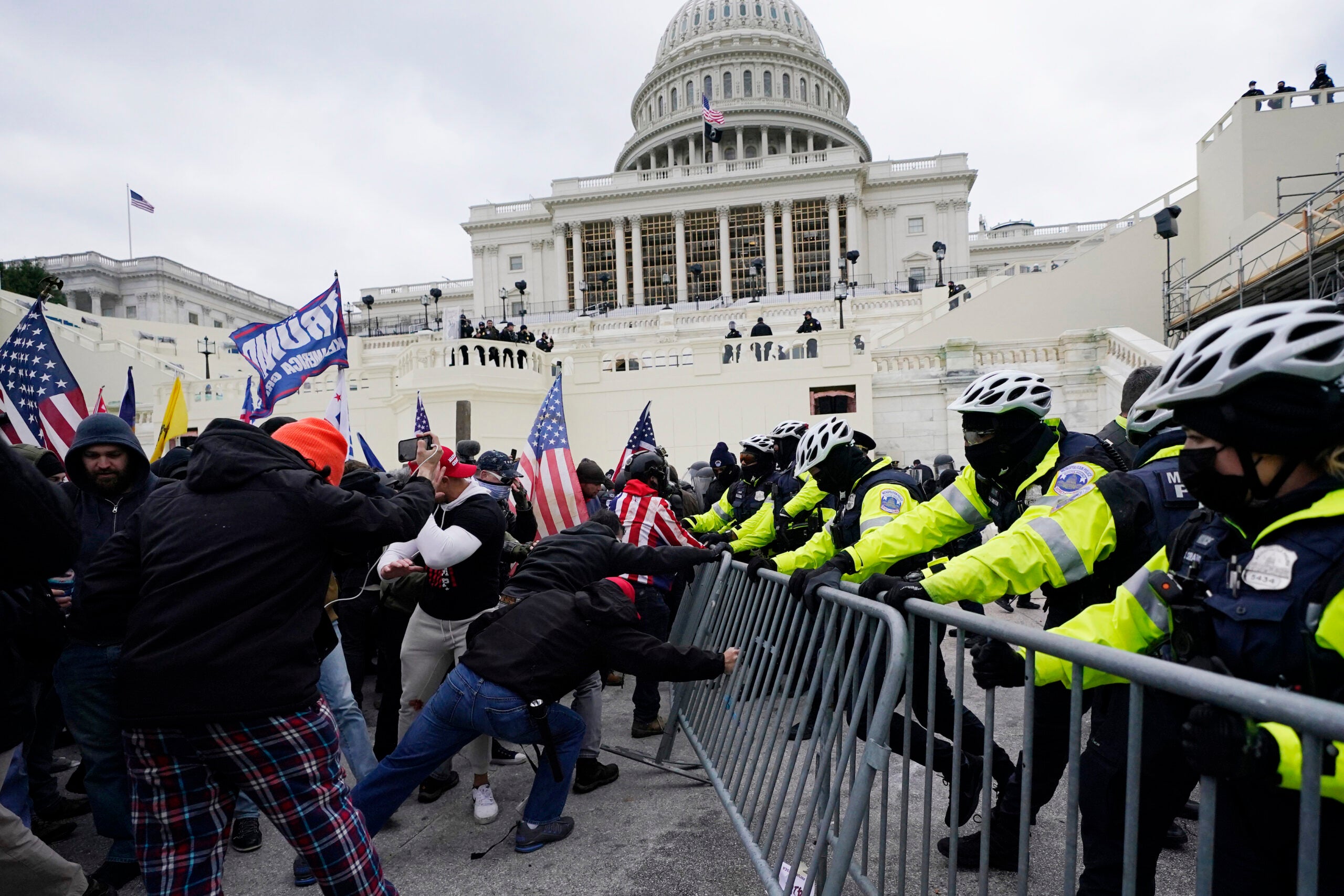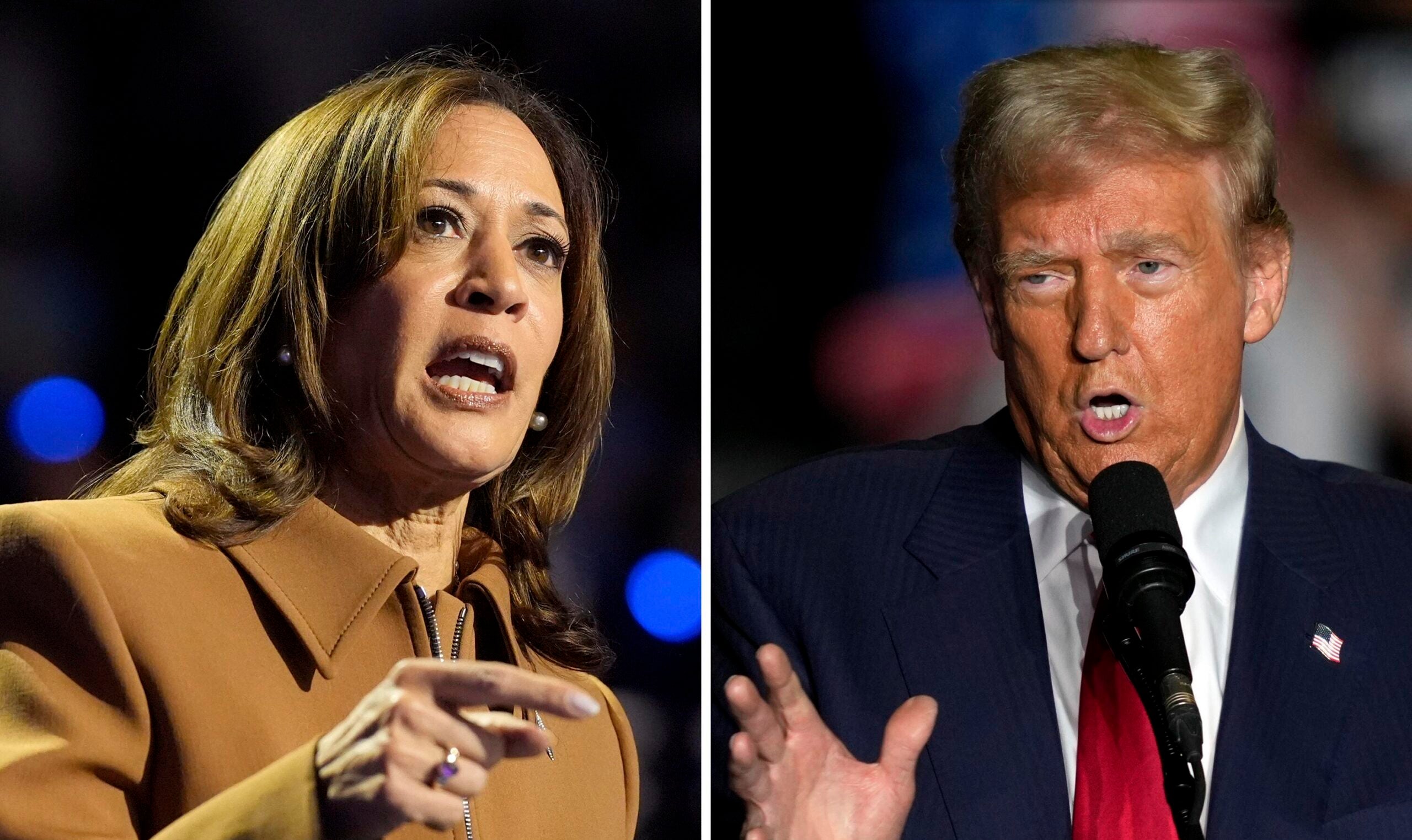The United States Supreme Court allowed the Trump administration’s controversial travel ban to take effect this week. A Muslim leader in the Twin Ports said the move harms the most vulnerable residents of nations affected by the travel restrictions.
President Donald Trump’s executive order restricts travel from eight nations, six of which are majority Muslim. They include Iran, Libya, Syria, Chad, North Korea, Somalia, Yemen and Venezuela. Immigration from all nations except Venezuela is banned. Ibrahim Al-Qudah, president of the Islamic Center of the Twin Ports, said the travel ban turns a blind eye to the plight of refugees from nations like Syria.
“Those are the people who are taking their kids and they’re trying to save their lives. Those are the people who are just trying to work hard to earn a living,” he said. “When you see our government claiming that they are a threat, that is not true.”
Stay informed on the latest news
Sign up for WPR’s email newsletter.
The nonprofit, nonpartisan Arab American Institute released a poll this week that shows more Americans disagree with the travel ban, according to president James Zogby.
“Our polls show that a plurality of Americans oppose the ban, but there’s a partisan split with Trump supporters and Republicans in general favoring it, Democrats and independents overwhelmingly opposed,” he said.
The poll surveyed 1,514 voters this fall and found that 48 percent disagreed with a travel ban on Muslims and immigrants from the Middle East, while 33 percent approved of restrictions. Almost one-fifth of voters were uncertain of their stance on a travel ban.
U.S. Attorney General Jeff Sessions has said the court’s decision is a “victory for the safety and security of the American people.”
“The president’s executive order is an important step to ensuring that we know who is coming into our country,” Sessions told the Senate Judiciary Committee in October. “It is a lawful, necessary … order that we are proud to defend.”
Lower courts are still challenging whether Trump’s executive order is lawful.
Perceptions of American Muslims Improve, Hate Crimes Rise
The Institute’s poll this week also shows perceptions of American Muslims are improving with 51 percent of those surveyed viewing Muslims in a favorable light compared to 33 percent in 2015. The findings come at a time when hate crimes toward followers of Islam are on the rise.
“Overall, attitudes have improved, but, at the same time, those who have the negative attitudes have been emboldened to feel, I can do these things,” said Zogby.
Al-Qudah with the ICTP said some people still see Muslims as followers of a radical religion that seeks to spread hate and violence.
“I think what’s been happening is motivating people at least to feel that way, which is in my opinion obviously, it’s not correct. It’s not even true. Sadly enough this is the case,” he said. “But, again, being part of this organization here – the ICTP, the Islamic Center of the Twin Ports – that’s what I fought for just to stand up and say this is not true and then let’s just expose the facts. I feel like a lot of people have changed their minds when it comes to this kind of thinking.”
There were 1,584 victims of anti-religious hate crimes in the U.S. in 2016, of which 388 victims were Muslim, according to the most recent statistics from the FBI. The number of Muslims targeted by hate crimes increased by about 21 percent from 2015. Assaults on Muslims surpassed levels witnessed in 2001, according to an analysis by the Pew Research Center.
Wisconsin reported 34 hate crimes last year, which declined from 43 in 2015. For both years, eight incidents were religious-related hate crimes.
Wisconsin Public Radio, © Copyright 2025, Board of Regents of the University of Wisconsin System and Wisconsin Educational Communications Board.





